Unlocking the Mysteries of Shiba Inu Dogs: Your All-in-One Guide
Introduction
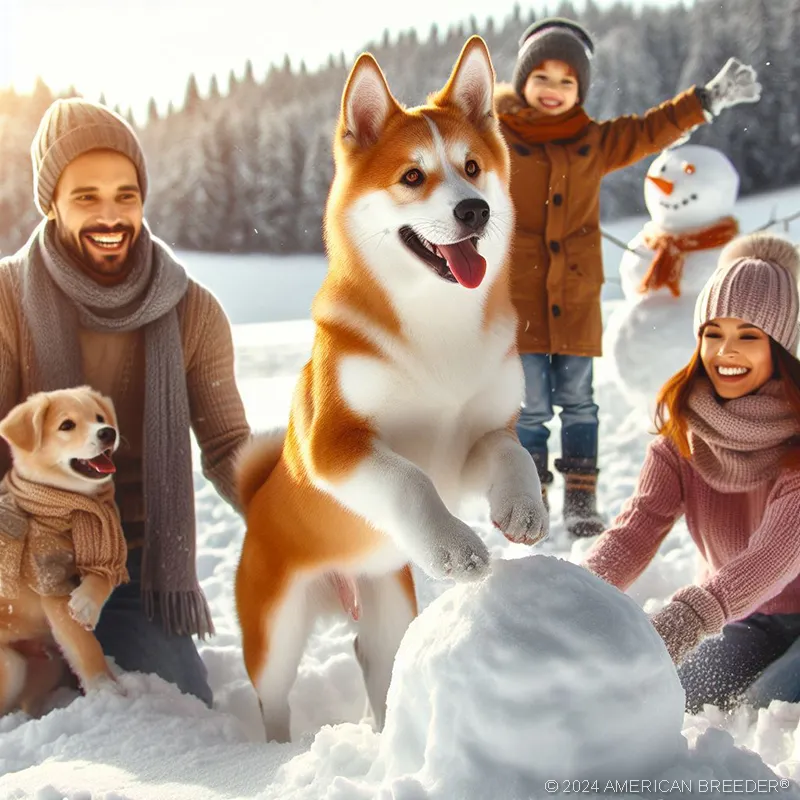 Welcome to the captivating world of the Shiba Inu Dog! This delightful and spirited breed has captured the hearts of dog enthusiasts around the globe, and with good reason. Join us on a journey of discovery as we unveil the wonders of this incredible canine companion. Whether you're considering welcoming a Shiba Inu into your life or simply intrigued by their unique characteristics, this comprehensive guide will provide you with a deeper understanding of this remarkable breed.
Welcome to the captivating world of the Shiba Inu Dog! This delightful and spirited breed has captured the hearts of dog enthusiasts around the globe, and with good reason. Join us on a journey of discovery as we unveil the wonders of this incredible canine companion. Whether you're considering welcoming a Shiba Inu into your life or simply intrigued by their unique characteristics, this comprehensive guide will provide you with a deeper understanding of this remarkable breed.
The Shiba Inu is a small to medium-sized breed originating from Japan. Renowned for their fox-like appearance and spirited personality, they exude an air of confidence and independence. Their distinctive traits, including their curled tail and erect ears, make them easily recognizable. Shiba Inus belong to the Non-Sporting Group, recognized by the American Kennel Club (AKC) in 1992. Originally bred for hunting small game, they possess a strong prey drive and an alert nature that makes them excellent watchdogs.
Before bringing a Shiba Inu into your life, there are essential considerations to keep in mind. Their intelligence and independence can make training a rewarding but challenging experience. Their hunting instincts may lead to potential behavior issues if not properly managed. Additionally, their thick double coat requires regular grooming to keep it in top condition.
Breed Background and History
The history of the Shiba Inu traces back to ancient Japan, where they were bred as versatile hunting dogs. Their name "Shiba" refers to the brushwood bushes in which they would chase and flush out small game, including birds and rabbits. Over time, they became refined through selective breeding, resulting in the breed we know and love today.
The Shiba Inu holds a special place in Japanese culture, symbolizing loyalty, bravery, and good luck. They are often depicted in ancient artwork and folklore, illustrating their close bond with the Japanese people. In their early days, Shiba Inus were indispensable hunting companions for Japanese hunters. Their agility, keen senses, and determination made them adept at navigating challenging terrains and catching elusive prey.
Appearance
The Shiba Inu is a small to medium-sized breed, with males typically standing around 14.5-16.5 inches at the shoulder and females slightly smaller at 13.5-15.5 inches. They weigh between 17-23 pounds, making them a sturdy and well-proportioned breed. Shiba Inus are known for their moderate activity level, enjoying playtime and daily walks but also appreciating moments of relaxation with their family.
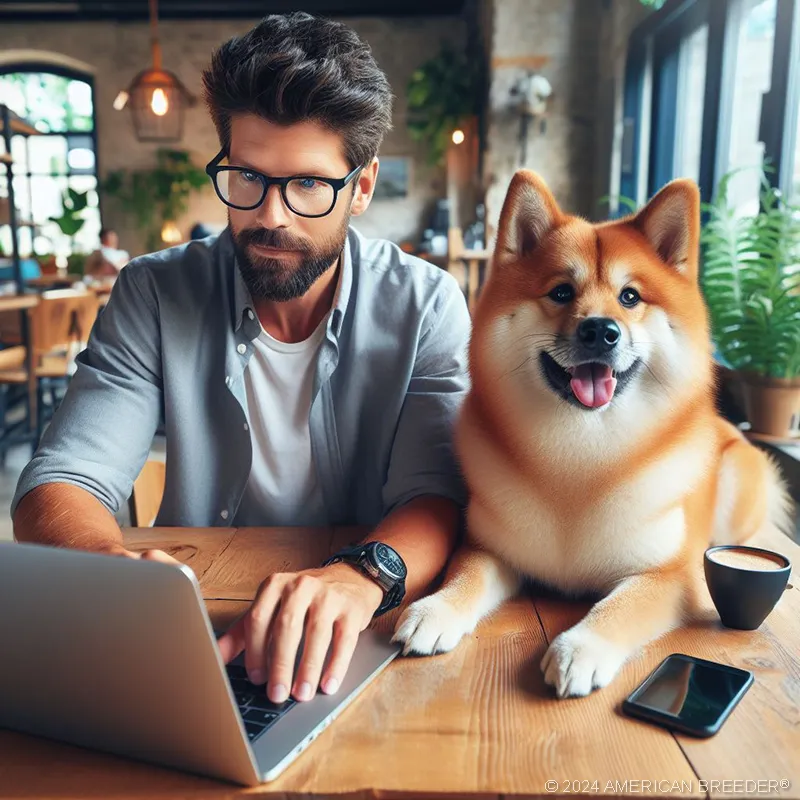 Shiba Inus boast a double coat consisting of a soft, thick undercoat and a straight, coarse outer coat that provides insulation and protection from the elements. Their coat colors include red, black and tan, sesame, and cream. The urajiro, a whitish cream shading on their cheeks, throat, chest, and underbelly, adds to their distinctive charm.
Shiba Inus boast a double coat consisting of a soft, thick undercoat and a straight, coarse outer coat that provides insulation and protection from the elements. Their coat colors include red, black and tan, sesame, and cream. The urajiro, a whitish cream shading on their cheeks, throat, chest, and underbelly, adds to their distinctive charm.
One of the Shiba Inu's most recognizable features is its curled tail, which rests over their back in a tight curl. Their small, triangular ears and dark, almond-shaped eyes lend an alert and inquisitive expression to their face.
The average litter size for Shiba Inu dogs ranges from 3 to 7 puppies, depending on factors such as the dog's age and health.
Temperament and Personality
Shiba Inus are known for their bold, spirited, and independent nature. They possess a cat-like independence and may not be as affectionate as some other breeds, but they form strong bonds with their family. Loyalty and protectiveness are characteristic traits, making them excellent watchdogs.
Shiba Inus have a moderate energy level, and while they enjoy daily exercise and playtime, they can adapt to apartment living with regular walks. They may have bursts of high energy and enjoy mental stimulation through interactive games and training sessions.
Shiba Inus can adapt to various lifestyles, but their independent nature may require owners to be patient and consistent with training. They are best suited for families with older children who understand how to interact respectfully with a dog.
There are several behavior issues that Shiba Inu owners should be aware of. Shiba Inus may display aggression towards other dogs or animals due to their hunting instincts. Early socialization and training are crucial in managing this behavior. They are vocal dogs and may bark to alert their family or express their emotions. Training can help manage excessive barking. Their hunting heritage can manifest in digging behavior. Providing appropriate outlets for their energy can help curb this behavior.
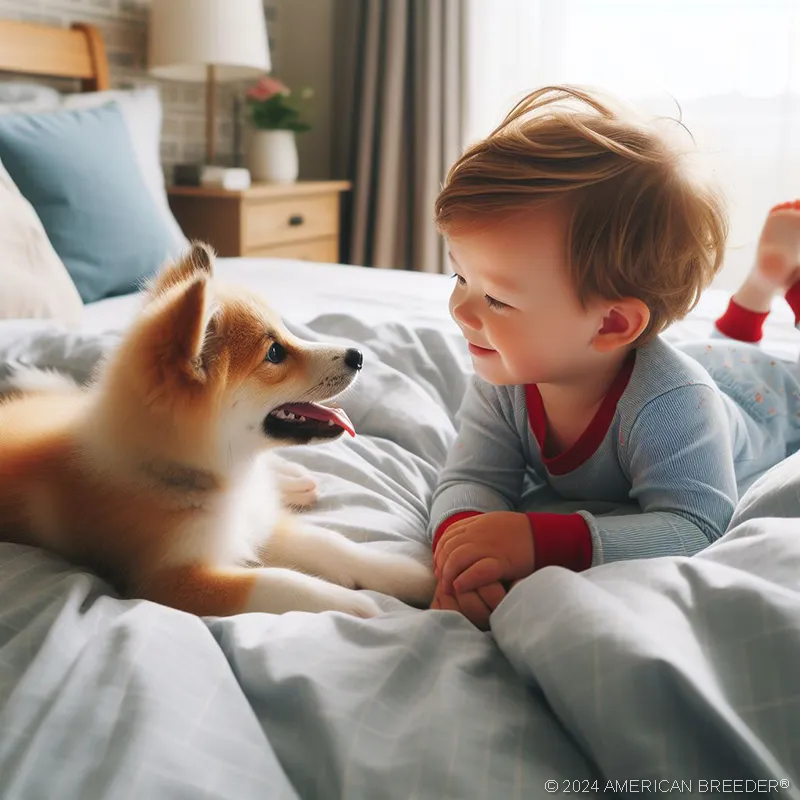 Separation anxiety can be a concern for Shiba Inus, as they can become anxious when left alone for extended periods. Crate training and gradually increasing alone time can ease separation anxiety. Like many dogs, Shiba Inus may exhibit resource guarding behavior. Positive reinforcement training can address this issue. Some Shiba Inus may be prone to fear or phobias, which require gentle and patient handling.
Separation anxiety can be a concern for Shiba Inus, as they can become anxious when left alone for extended periods. Crate training and gradually increasing alone time can ease separation anxiety. Like many dogs, Shiba Inus may exhibit resource guarding behavior. Positive reinforcement training can address this issue. Some Shiba Inus may be prone to fear or phobias, which require gentle and patient handling.
Trainability and Intelligence
Shiba Inus are intelligent and quick learners, but their independent streak can make training a challenge. Positive reinforcement methods that prioritize rewards and patience are most effective. Despite their independence, Shiba Inus can still form strong bonds with their owners and enjoy pleasing them, especially when rewarded with treats and praise. Shiba Inus rank high in intelligence and problem-solving abilities. They enjoy engaging in mentally stimulating activities and puzzles that challenge their minds.
Positive reinforcement training is highly recommended for Shiba Inus, as harsh methods can lead to a disengaged and stubborn dog. Consistency and patience are key to successful training. In terms of specific training or skills, Shiba Inus excel in activities that stimulate their minds and challenge their problem-solving abilities. Engaging in interactive games, agility training, and nose work can be rewarding for both the dog and the owner. Their intelligence and independent nature may make them suitable for activities that allow them to explore and think on their own while still obeying basic commands.
Practical Considerations
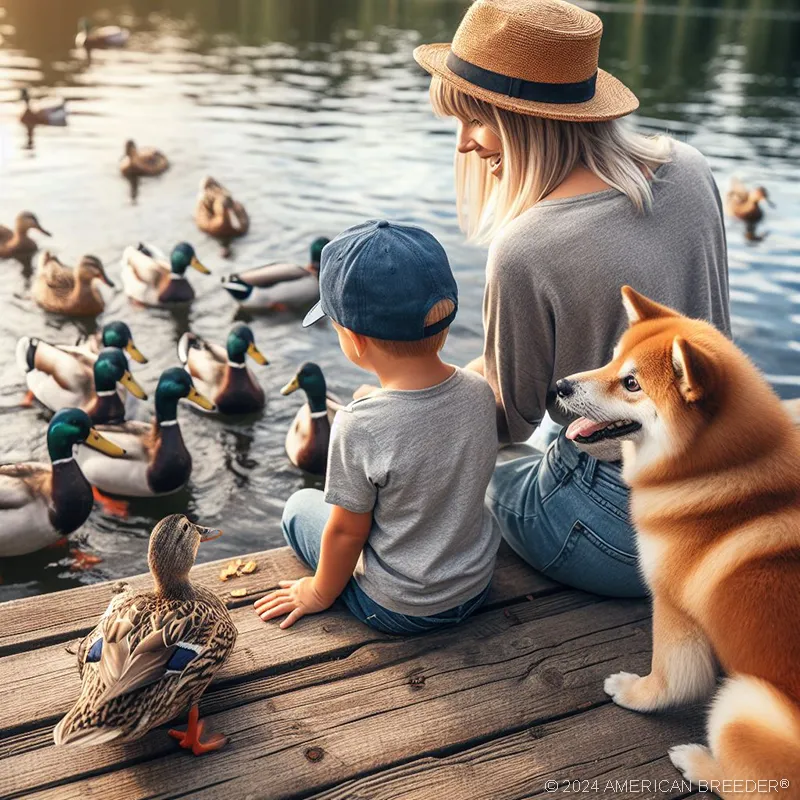
There are several practical considerations when it comes to caring for a Shiba Inu. Their size and moderate energy level make them adaptable to apartment living, but they do require regular exercise to keep them mentally and physically stimulated. A daily walk and interactive playtime are recommended to meet their activity needs.
In terms of grooming, Shiba Inus have a thick double coat that sheds seasonally. Regular brushing is essential to prevent matting and reduce shedding. Additionally, they may require occasional baths to keep their coat clean and free of dirt.
Shiba Inus are known for their intelligence and problem-solving abilities, which can be a double-edged sword. While their cleverness makes them quick learners, it can also lead to mischief if they become bored. Providing mentally stimulating toys and puzzles can help keep their minds engaged and prevent destructive behaviors.
In terms of their affection level and desired attention, Shiba Inus are not known to be overly affectionate compared to some other breeds. However, they do form strong bonds with their family and can be loyal and protective.
When it comes to friendliness toward strangers, Shiba Inus can be reserved and aloof, especially with people they don't know. Early socialization and positive interactions with strangers can help them become more comfortable in different situations.
Health and Care
Like all breeds, Shiba Inus are prone to certain health issues. Common health concerns include hip dysplasia and allergies. Regular veterinary check-ups and preventive care are essential for maintaining their health.
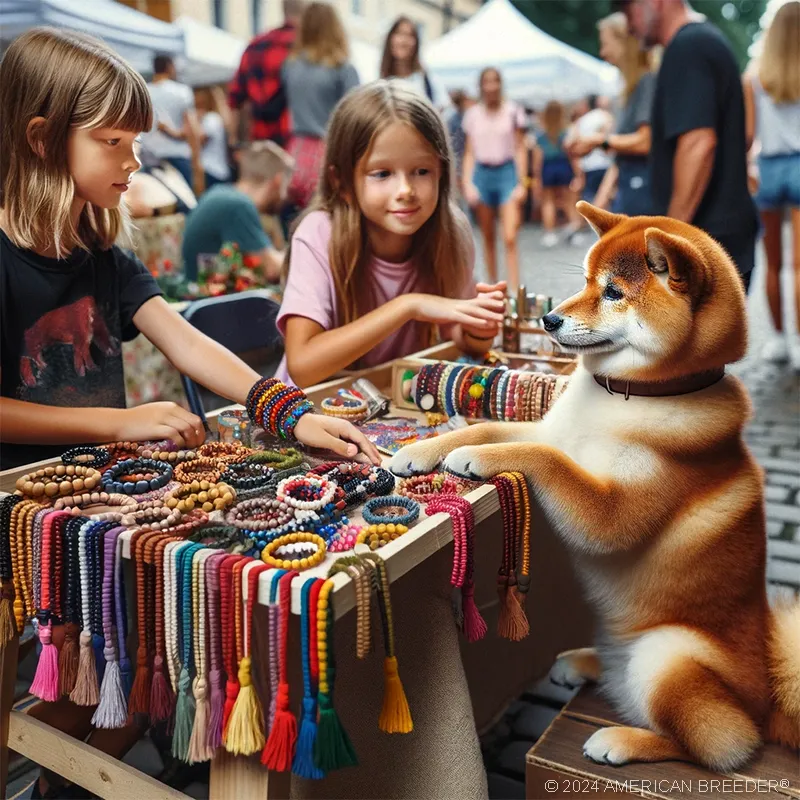 Allergies can be a concern for Shiba Inus, as they may be sensitive to certain foods or environmental triggers. Owners should be mindful of potential allergic reactions and work with their veterinarian to identify and manage any allergies. The average lifespan of a Shiba Inu is typically around 12 to 15 years, but with proper care and a healthy lifestyle, some may live even longer. Regular exercise, a balanced diet, and routine veterinary check-ups can contribute to their longevity.
Allergies can be a concern for Shiba Inus, as they may be sensitive to certain foods or environmental triggers. Owners should be mindful of potential allergic reactions and work with their veterinarian to identify and manage any allergies. The average lifespan of a Shiba Inu is typically around 12 to 15 years, but with proper care and a healthy lifestyle, some may live even longer. Regular exercise, a balanced diet, and routine veterinary check-ups can contribute to their longevity.
Grooming requirements for Shiba Inus vary depending on their coat type. Those with a longer and thicker coat may require more frequent brushing to prevent matting, especially during shedding seasons. Shorter-coated Shibas will still benefit from regular grooming to keep their coat looking its best.
Regular exercise is vital for Shiba Inus to maintain their physical and mental well-being. Daily walks, play sessions, and interactive activities can help them stay fit and prevent boredom.
In terms of nutrition and feeding guidelines, it's essential to provide a well-balanced diet that meets their specific nutritional needs. High-quality dog food, appropriate portion sizes, and regular feeding schedules are crucial for their overall health.
When it comes to vaccinations and preventive care, Shiba Inus should follow a recommended vaccination schedule to protect them from common diseases. Core vaccinations, non-core vaccinations, and preventive treatments for fleas, ticks, and heartworms should be discussed with a veterinarian to create a suitable preventive care plan.
Regular health check-ups and vet visits are essential to monitor a Shiba Inu's overall health and detect any potential health issues early on. Routine dental care, such as teeth brushing and dental check-ups, is also crucial for maintaining their oral health.
As responsible dog owners, it's essential to be attentive to any signs of potential health problems and seek veterinary attention promptly when needed. Early detection and timely treatment can make a significant difference in a Shiba Inu's overall well-being.
Socialization and Compatibility
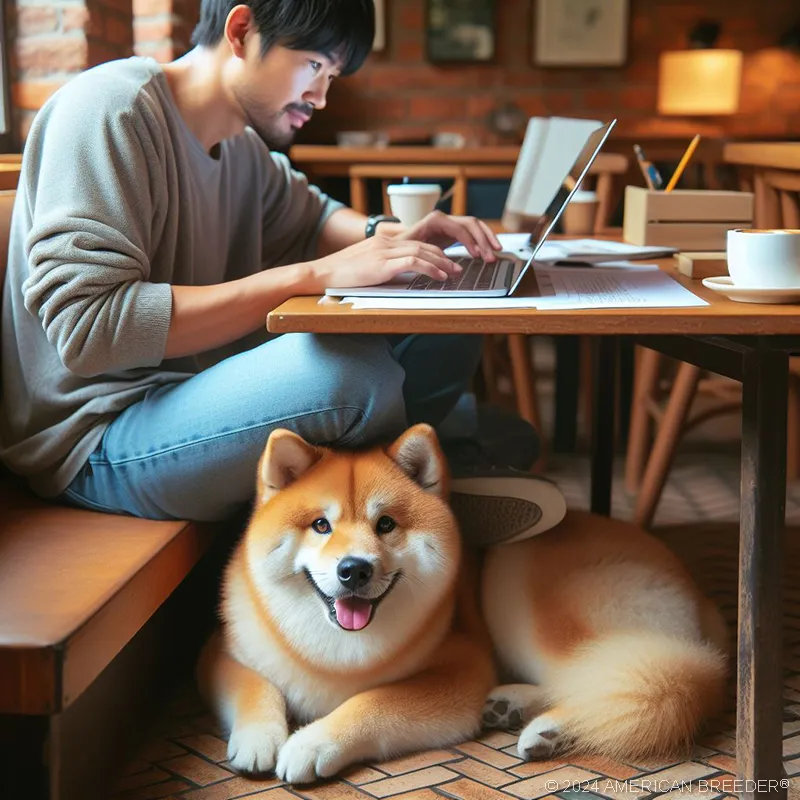 Socialization is a critical aspect of raising a well-adjusted Shiba Inu. Early socialization, starting during puppyhood, helps them become familiar with various people, animals, and environments, reducing the likelihood of fear or anxiety in new situations.
Socialization is a critical aspect of raising a well-adjusted Shiba Inu. Early socialization, starting during puppyhood, helps them become familiar with various people, animals, and environments, reducing the likelihood of fear or anxiety in new situations.
When it comes to interaction with children, Shiba Inus can be excellent family dogs, especially with older children who understand how to respect their boundaries. However, supervision is essential to ensure that both the dog and children interact safely and positively.
Socialization with other pets is also crucial for Shiba Inus. Early introductions and positive experiences with other dogs can help prevent potential conflicts or aggression. Proper training and guidance during interactions with other animals are essential for their overall social development.
Shiba Inus can be wary of strangers, but early socialization can help them become more comfortable around new people. Owners should introduce them to various individuals and provide positive reinforcement to encourage friendly behavior.
When it comes to training, Shiba Inus have their unique challenges. Their independent nature can make them less motivated to please their owners compared to some other breeds. Positive reinforcement training, using treats and praise as rewards, is the most effective approach for training Shiba Inus.
Living Arrangements and Environment
Shiba Inus can adapt to various living arrangements, including apartments, as long as they receive regular exercise and mental stimulation. However, they will thrive in a home with a secure backyard where they can run and play safely.
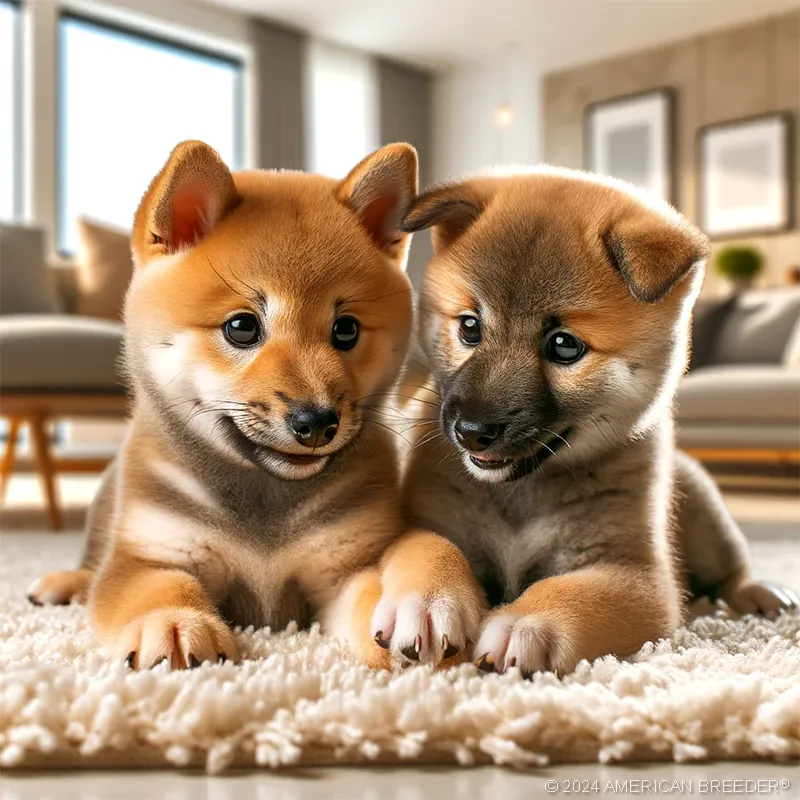 The ideal living conditions for a Shiba Inu include a comfortable sleeping area, access to outdoor space, and regular opportunities for exercise and mental enrichment. A safe and dog-proofed environment is crucial, especially during puppyhood, to prevent accidents and injuries.
The ideal living conditions for a Shiba Inu include a comfortable sleeping area, access to outdoor space, and regular opportunities for exercise and mental enrichment. A safe and dog-proofed environment is crucial, especially during puppyhood, to prevent accidents and injuries.
When it comes to climate considerations, Shiba Inus can adapt to different climates, but they may be more comfortable in moderate temperatures. During extreme weather conditions, such as hot summers or cold winters, owners should take extra precautions to ensure their dog's well-being and comfort.
Training and Obedience
Basic obedience training is crucial for all dogs, including Shiba Inus. Teaching them essential commands such as sit, stay, come, and walking on a leash will help ensure their safety and improve their behavior in different situations.
Advanced training or specialized activities can also be beneficial for Shiba Inus, as their intelligence and problem-solving abilities make them ideal candidates for activities like agility, nose work, and trick training. Engaging in these activities will not only keep them physically fit but also mentally stimulated and satisfied.
When addressing behavioral challenges, positive reinforcement training is the preferred approach for Shiba Inus. It's essential to focus on rewarding desirable behaviors and redirecting undesirable ones without resorting to punishment or force.
House training and potty training are essential for a harmonious living environment with a Shiba Inu. Consistency, patience, and positive reinforcement are key to successful potty training.
Leash training is another crucial aspect of obedience training, as Shiba Inus may have a strong prey drive and could be easily distracted during walks. Teaching them proper leash manners will help ensure their safety and enjoyment during outdoor activities.
Exercise and Activity
Regular exercise is essential for the physical and mental well-being of a Shiba Inu. Providing daily walks, play sessions, and mental enrichment activities will help keep them happy, healthy, and well-behaved.
Mental stimulation is equally important for Shiba Inus, as their intelligent and curious nature thrives on challenges. Engaging them in activities that require problem-solving and critical thinking will prevent boredom and unwanted behaviors.
For high-energy Shiba Inus, engaging in more intense physical activities, such as agility or flyball, can provide an outlet for their energy and enhance their bond with their owner.
Financial Planning
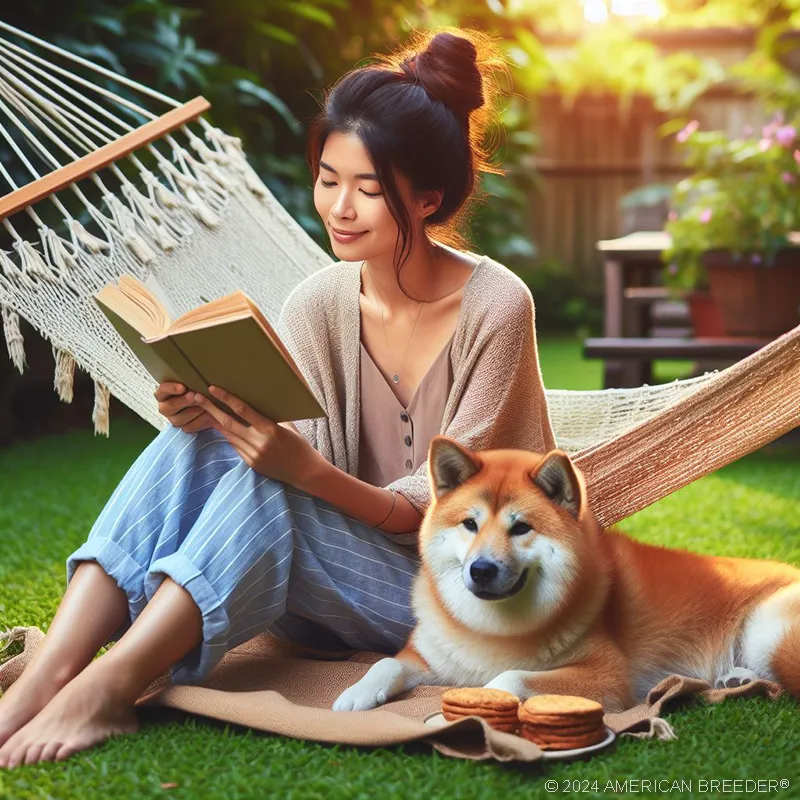 When considering bringing a Shiba Inu into your home, it's essential to be financially prepared for the responsibilities of dog ownership.
When considering bringing a Shiba Inu into your home, it's essential to be financially prepared for the responsibilities of dog ownership.
The typical price range for purchasing a Shiba Inu from reputable breeders can vary depending on factors such as the dog's pedigree, lineage, and the breeder's reputation. On average, you can expect to pay between $1,500 to $3,500 for a Shiba Inu puppy.
Initial costs associated with adopting or purchasing a Shiba Inu include adoption fees or purchase price, vaccinations, spaying/neutering, and microchipping. These initial expenses can range from a few hundred to a thousand dollars.
Ongoing expenses for caring for a Shiba Inu include food, grooming supplies, veterinary care, training, toys, and other supplies. On average, you can budget around $1,000 to $1,500 per year for these expenses.
Considering pet insurance or budgeting for unexpected medical costs is also prudent. Pet insurance can provide financial security in case of unforeseen illnesses or accidents. Monthly premiums may vary based on coverage options, but it can be a valuable investment in your pet's health.
Planning for pet care during vacations or travel is another aspect of financial planning. Whether it's boarding your Shiba Inu in a reputable facility or arranging for a pet sitter, budgeting for these expenses ensures that your pet is well-cared for even when you're away.
Overall Summary
In summary, the Shiba Inu Dog is a fascinating and spirited breed with a rich history and unique characteristics. Their independent nature, intelligence, and loyalty make them a captivating companion for the right owner.
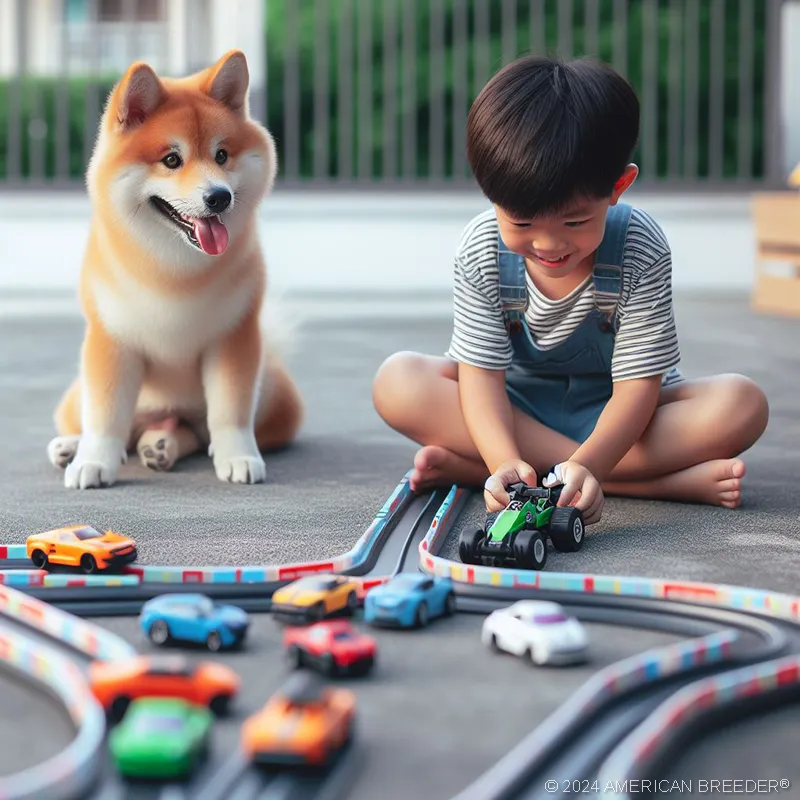 Before bringing a Shiba Inu into your life, consider their specific needs and temperament. Training, early socialization, and responsible ownership are key to nurturing a well-adjusted and happy Shiba Inu.
Before bringing a Shiba Inu into your life, consider their specific needs and temperament. Training, early socialization, and responsible ownership are key to nurturing a well-adjusted and happy Shiba Inu.
Providing regular exercise, mental stimulation, and a loving home will ensure that your Shiba Inu thrives as a cherished member of your family.
Conclusion
Congratulations! You've now embarked on a journey of discovery into the world of the Shiba Inu Dog. We hope this comprehensive guide has provided you with a deeper understanding of this remarkable breed and the joy they can bring to your life.
Remember, owning a Shiba Inu comes with responsibilities and commitments, but the rewards of companionship and loyalty are immeasurable. With the right care, training, and love, your Shiba Inu will flourish as a beloved family member.
As you continue your journey with your Shiba Inu, never hesitate to seek expert guidance and support. Whether it's from veterinarians, trainers, or fellow Shiba Inu owners, there's a wealth of knowledge and resources available to enhance your relationship with your furry friend.
Embrace the adventures, quirks, and unconditional love that a Shiba Inu brings into your life. Cherish every moment and create lasting memories with your extraordinary canine companion!
Shiba Inu Dog Quick Reference Guide
Breed Background: Origin: Japan | Breed Purpose: Hunting small game | AKC Class: Non-Sporting Group | Year Recognized by AKC: 1992
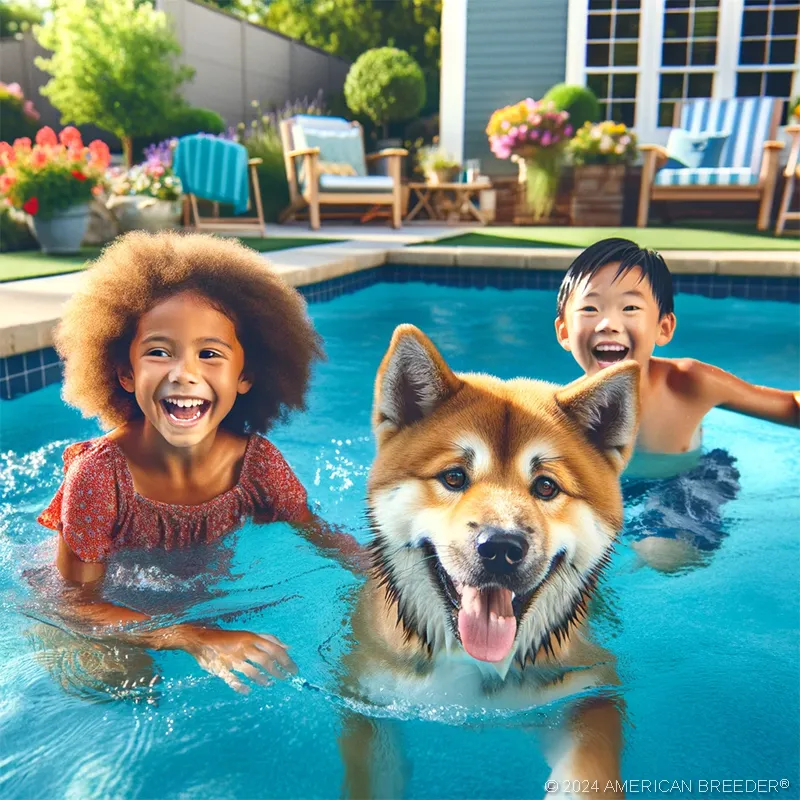 Appearance: Size: Small | Weight: 17-23 pounds | Coat Type: Double coat | Colors & Patterns: Red, Black & Tan, Sesame, and Cream | Distinctive Features: Fox-like appearance, curled tail, erect ears
Appearance: Size: Small | Weight: 17-23 pounds | Coat Type: Double coat | Colors & Patterns: Red, Black & Tan, Sesame, and Cream | Distinctive Features: Fox-like appearance, curled tail, erect ears
Temperament: Energy Level: 4/5 | Friendliness to Pets: 3/5 | Friendliness to Strangers: 2/5 | Trainability: 3/5 | Playfulness: 4/5 | Frequent Barker: 3/5 | Chase Instincts: 4/5 | Sense of Smell: 3/5 | Drive to Hunt: 5/5
Health & Care: Health Issues: Hip Dysplasia, Allergies | Lifespan: 12-15 years | Grooming Difficulty: Moderate | Exercise Needs: Moderate to High
Socialization: Interaction with Children: Supervised best | Interaction with Pets: Variable, early socialization needed | Interaction with Strangers: Reserved | Ease of Training: Moderately Easy
Suitable Living Arrangements: Apartment: Yes, with sufficient exercise | House: Yes | Rural Area: Yes | Yard Size Requirements: Medium to large yard preferred
Training & Obedience: Trainability: 3/5 | Intelligence: 4/5 | Obedience: 3/5 | Problem-Solving: 3/5 | Easily Stimulated: 4/5 | Focus Level: 3/5 | Easily Distracted: 3/5
Financial Planning: Typical Price Range: $1,500 - $3,500 | Initial Expenses: Vaccinations, neutering | Ongoing Annual Expenses: Food, vet visits
Breeding: Reproductive Maturity: 6-9 months | Litter Frequency: Once per year | Litter Size: 3-7 puppies | Stud Cost: $1,000 - $2,000 | Breeding Challenges: Selective breeding for health and temperament
Did You Enjoy this Article? Share it and Help Us Spread the Word!
If you found this article helpful, we'd appreciate it if you could share it with your friends or link to it from your website, blog, or group! You can also use the convenient social share tabs on the left side of the screen to instantly share this page to your social media feed. For more ways to support and promote the American Breeder Community, visit our Share & Promote Together page for social media posts and memes you can copy and share. Your support means the world to us!
Disclaimer: The information provided in this article is for general informational purposes only and does not constitute legal, medical, financial, or professional advice. While we strive for accuracy, we make no representations or warranties regarding the completeness, accuracy, reliability, or suitability of the information. Please consult with a professional before making decisions based on the content provided. American Breeder Inc. assumes no responsibility for any errors or omissions or for the results obtained from the use of this information.
